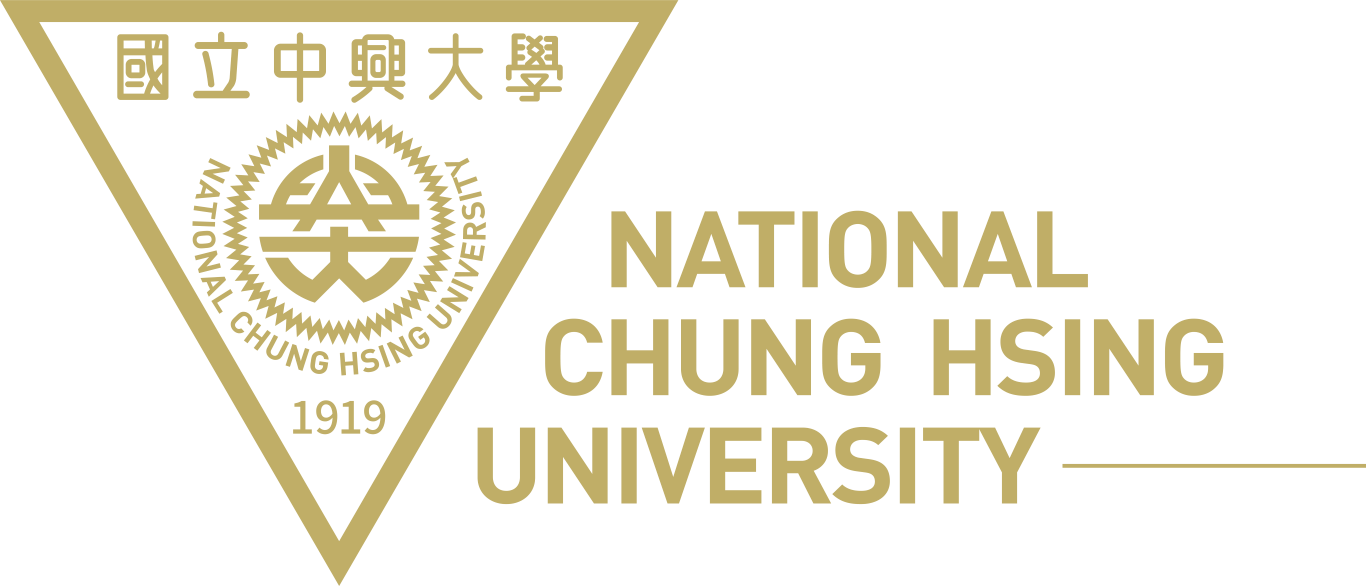Category: About
Please click the following items to see more.
About (10)
When it was first established in 1919, National Chung Hsing University (NCHU) only had one department—the Department of Agroforestry. Since that time, it has become one of Taiwan’s most long-standing comprehensive research universities and the third largest national university on the island, with 12 colleges spanning the fields of the humanities and social sciences, science and technology, agriculture and medicine. Today, NCHU is continuing to build on its rich history as an educational institution by developing programs that equip students with a strong competitive advantage, with the ultimate goal of becoming a world-class comprehensive research university with far-reaching influence.
Founded in 1919 as the Government-General of Taiwan’s Advanced Academy of Agronomy and Forestry, NCHU attained its present form in 1971 following numerous school mergers and name changes. As of 2022, the University has 12 colleges of Liberal Arts, Agriculture and Natural Resources, Science, Engineering, Life Sciences, Veterinary Medicine, Management, Law and Politics, Electrical Engineering and Computer Science, Medicine, Academy of Circular Economy and Innovation and Industry Liaison. With more than a century of history, NCHU is one of the most long-standing higher education institutions in Taiwan.
The NCHU Art Center organizes art exhibitions and cultural exchanges, assists in the beautification of the campus, and works to improve faculty and students’ appreciation of art and strengthen their aesthetic education. The Center invites well-known local and international artists to hold exhibitions at the University after recommendation and approval by a consulting and review committee composed of experts and scholars. Each exhibition usually lasts about a month, and an average of eight art exhibitions are planned every year. The Center also organizes activities, international exchanges, lectures, presentations, symposiums, workshops, and other art and cultural events in conjunction with university campaigns. Additionally, the Center has a well-equipped curation room with a collection of over 1500 artworks, and publishes collection catalogues as a medium to promote cultural exchange.
Our school’s student clubs and autonomous organizations are divided into nine categories: autonomous, musical, technical, academic, artistic, religious, sports, service, and fellowship.
In the 113 academic years, there were 90 formal clubs,48 autonomous organizations, and 7 preparatory clubs.
During enrollment, international students are required to open an account with a local bank and register their account information via the Student Account Registration System.To open an account, please have the following documents ready:
1. Alien residence certificate or passport
2. Admission letter
3. Personal seal
At any of Taiwan’s four major international airports, follow the signs in the arrival hall to find bus services or free shuttles that will transport you to the nearest high-speed rail station. Make sure the destination of the ticket you purchase is Taichung City. Once you arrive in Taichung, a convenient network of public and private transportation options, including passenger rails, buses, shared bikes, and taxis, is available. For real-time bus tracking, visit the Taichung City Transportation Bureau’s bilingual website or download the app.
In addition to on-campus dining options, there is a wide variety of great dining establishments near NCHU for students on a tight budget. Some of your fellow students created this “food map,” and it’s a great way to get started with your hunt for cheap but delicious dining experiences.
The University provides dedicated prayer rooms for Muslim students and faculty members. There is also a Muslim Student Association on campus where members will gladly help you navigate life in Taiwan as a Muslim.
Taichung City is located in the heart of Taiwan and serves as an important hub of transportation for people traveling between the northern and southern parts of the island. The weather here is mostly sunny throughout the year. With an average temperature of 23.3 °C (73.9 °F), it has been named Taiwan’s most livable city. July–August are the warmest months and January–February are the coolest. During daytime, the temperature is always warm (and sometimes hot), even in the winter. However, at night in winter, temperatures can drop significantly.
The Journal of NCHU Physical Education Research is a peer-reviewed annual publication that provides a platform and communication channel for academic discourse in physical education and sports science. We are calling for papers in the field of physical education and sports science, and submissions are reviewed as they are received. You can download free electronic copies of the journal, a format guide, submission guidelines, the copyright release letter, and the peer-review response form here.

